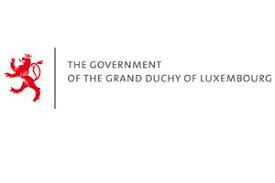Bangladesh 2016
This PEFA assessment is designed to provide the Government of Bangladesh (the Government), its development partners, and other stakeholders with a full picture of the Public Financial Management (PFM) system of the country. This is of critical importance to meeting the Government’s fiscal and broader development objectives. The assessment will assist the Government in identifying remaining PFM weaknesses that may inhibit the realization of its Strategic Plans and the reform efforts currentlbeing developed for PFM. This report provides a basis for dialogue within the Government and with Bangladesh’s development partners regarding appropriate future PFM reform actions.
This PFM Progress Report reviews the performance of Bangladesh’s PFM system based on an application of the 2016 PEFA assessment methodology aligned from the 2015 testing version of the PEFA Performance Measurement Framework. The assessment involved capturing a snapshot of the performance of the national (central) government PFM system, processes, and institutions in a set of 31 performance indicators (and associated dimensions), categorized into 7 critical pillars of performance. It does not assess government policies and capacity. This PEFA assessment provides a baseline against which future PEFA assessments can be measured using the same scoring criteria (see Table ES1).
As well as the 2016 framework, the information gathered was also used to score against the 2011 PEFA framework, which was the framework used for the 2010 PEFA assessment. To that extent this is also a repeat PEFA. The PEFA fieldwork was conducted from May to September 2015. The assessment covered the central government and the public corporation sector, and local government where relevant. For indicators requiring historical data, the periods covered included fiscal years (FY) 2011/12, 2012/13, and 2013/14. The last completed FY indicators came from FY2013/14 and the time of assessment for the remainder information.
Bangladesh has made positive strides in developing its PFM systems since the 2010 PEFA assessment. However, this is often not reflected in scoring as developments have not been fully implemented, for example, in procurement, internal audit, oversight of public corporations, and external audit. Weaknesses therefore remain, particularly in the control environment and tax reconciliation, as well as inefficiencies resulting from the fragmentation of the recurrent and development budgets that continue to exist. Sustainable political will is required to instill a compliance culture and to successfully implement the next generation reforms.





